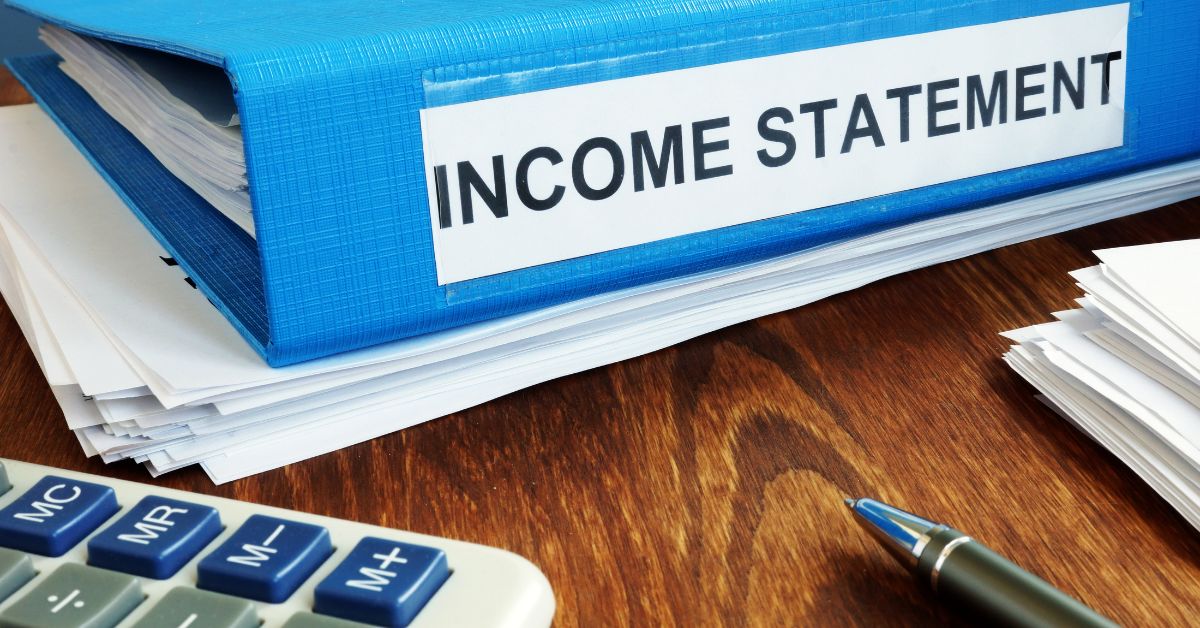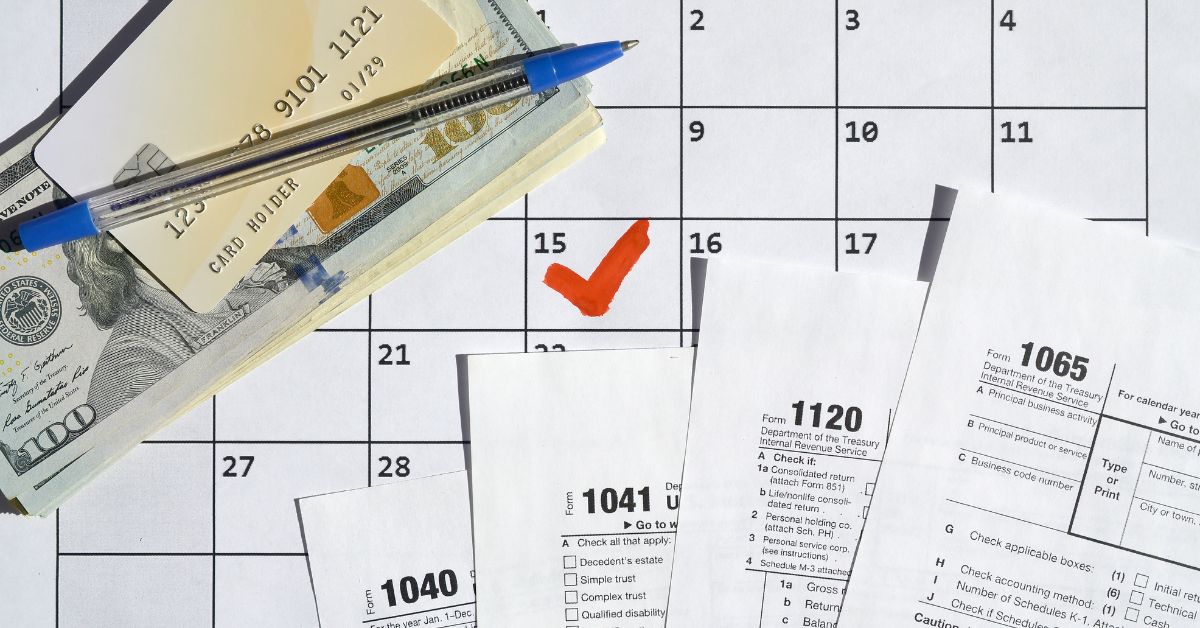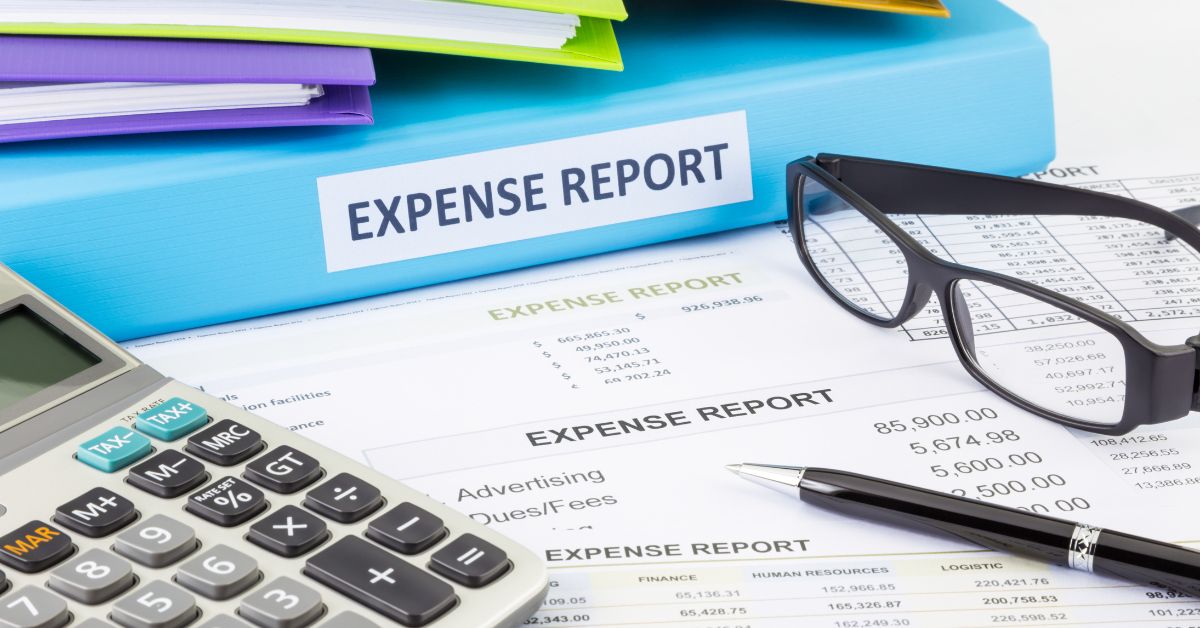
As the end of the year approaches, small business owners need to shift their focus toward preparing for tax season. Year-end tax preparation can be a daunting task, but with proper planning and organization, you can make the process smooth and stress-free. In this post, we’ll provide actionable tips to help you organize your financial documents, understand key tax deadlines, and identify potential deductions to reduce your tax liability.
Common year-end deductions include office supplies, travel expenses, marketing costs, and professional services. Keeping detailed records of these expenses can help you maximize your deductions.
Missing a tax deadline can result in penalties and interest charges. To avoid this, it’s crucial to mark important tax deadlines on your calendar and stay organized throughout the year.
Reliable accounting services can help you maximize deductions, ensure compliance with tax laws, and identify tax-saving strategies. Accountants can also prepare your tax filings accurately and help you avoid potential audits.
The first step in preparing for year-end taxes is to ensure that your financial documents are organized and readily accessible. Having your financial records in order not only saves time during tax season but also minimizes the risk of errors that could result in audits or penalties.
By keeping these documents well-organized, you’ll have a clear picture of your business’s financial activity throughout the year, making tax preparation much easier. Using reliable accounting software to track and categorize expenses can further simplify the process and ensure that nothing is missed.

Missing important tax deadlines can lead to penalties and added interest, so it’s essential to stay on top of the key dates. As a small business owner, you may have several deadlines throughout the year, but year-end tax preparation involves some specific ones that you should mark on your calendar.
By keeping track of these deadlines, you’ll avoid unnecessary penalties and ensure that your tax filings are accurate and timely.

One of the most effective ways to reduce your tax liability is by identifying potential deductions. Reviewing your business expenses can help you determine which costs are tax-deductible and ensure that you’re not leaving any money on the table.
It’s important to keep detailed records of all deductible expenses, including receipts and invoices, in case the IRS requests documentation. Additionally, some deductions, such as those for business equipment, may allow you to accelerate depreciation and claim a larger deduction in the current year.

Tax season can impact your business’s cash flow, especially if you owe more taxes than anticipated. To avoid financial strain, it’s essential to plan ahead for tax payments. Review your financial projections for the year to estimate your tax liability and set aside the necessary funds.
If you are required to make quarterly estimated tax payments, ensure that these payments are up to date, as this will help you avoid penalties for underpayment. Additionally, consider whether you can defer income or accelerate expenses to optimize your tax position and improve your cash flow heading into the new year.
Tax laws are constantly changing, and staying up to date on the latest regulations can be challenging. Consulting with experienced accounting professionals like Vertices is one of the best ways to ensure that your year-end tax preparation is thorough and compliant with current laws.
By working with a professional, you can take the guesswork out of tax preparation and focus on running your business with peace of mind.

Year-end tax preparation doesn’t have to be overwhelming if you start early and follow a well-organized plan. By organizing your financial documents, staying on top of key deadlines, identifying potential deductions, and planning for tax payments, you can make the process smoother and more efficient. Don’t hesitate to consult with an accounting professional to ensure that your tax filings are accurate and compliant.
Need help preparing for year-end taxes? Contact Vertices today to learn more about our comprehensive tax services and how we can assist you with tax planning and preparation.

